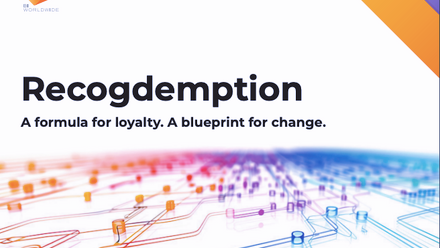Professor Clare Kelliher – the role of rewards and benefits in employee engagement

Work by Engage for Success has shown that there are four main enablers of high employee engagement:
- A need for a strong narrative – it is important for employees to be able to appreciate what the organisation stands for and where it is going.
- Line managers need to put effort into engaging their staff by supporting and encouraging them, but also by stretching them too.
- Employee voice needs to be heard. Staff need to be encouraged to contribute their views and importantly need to feel their ideas are genuinely listened to.
- Integrity – organisations need to live by their stated values reflecting these in leadership behaviours and promises made need to be kept.
Organisational narrative
Rewards and benefits send important messages to employees and hence have a role in facilitating these enablers. The total reward package offered to employees should reflect the strategic narrative of the organisation and needs to link with what is considered important.
Non-monetary benefits such as access to work-life balance policies, opportunities for training and development, or time off for volunteering work can be highly symbolic, both by what benefits are offered to employees and by those that are not.
Stretching employees
Line managers also have the opportunity to use rewards at their disposal to support and encourage employees. For them, the use of praise and recognition for work well done can be powerful means to enhance engagement.
Meeting needs
Employee voice in relation to rewards is important – only by understanding what is important to their employees can employers maximise the value of the rewards offered and allow them to compose a total reward package which meets the real needs of their particular workforce.
Transparency
Integrity, can be evidenced by issues such as transparency over reward packages. In recent months gender pay differences in particular have received much attention in the press. Integrity means addressing the basis of pay differentials to ensure that certain groups of employees are not being discriminated against.
Ultimately, the reward package offered to employees sends messages – intentionally or otherwise – about what is valued. In order to enhance engagement levels, it is important to think carefully about whether the message sent by the rewards package is a coherent one and is in line with what is valued in the organisation.
This article is written by Clare Kelliher, professor of work and organisation at Cranfield School of Management







